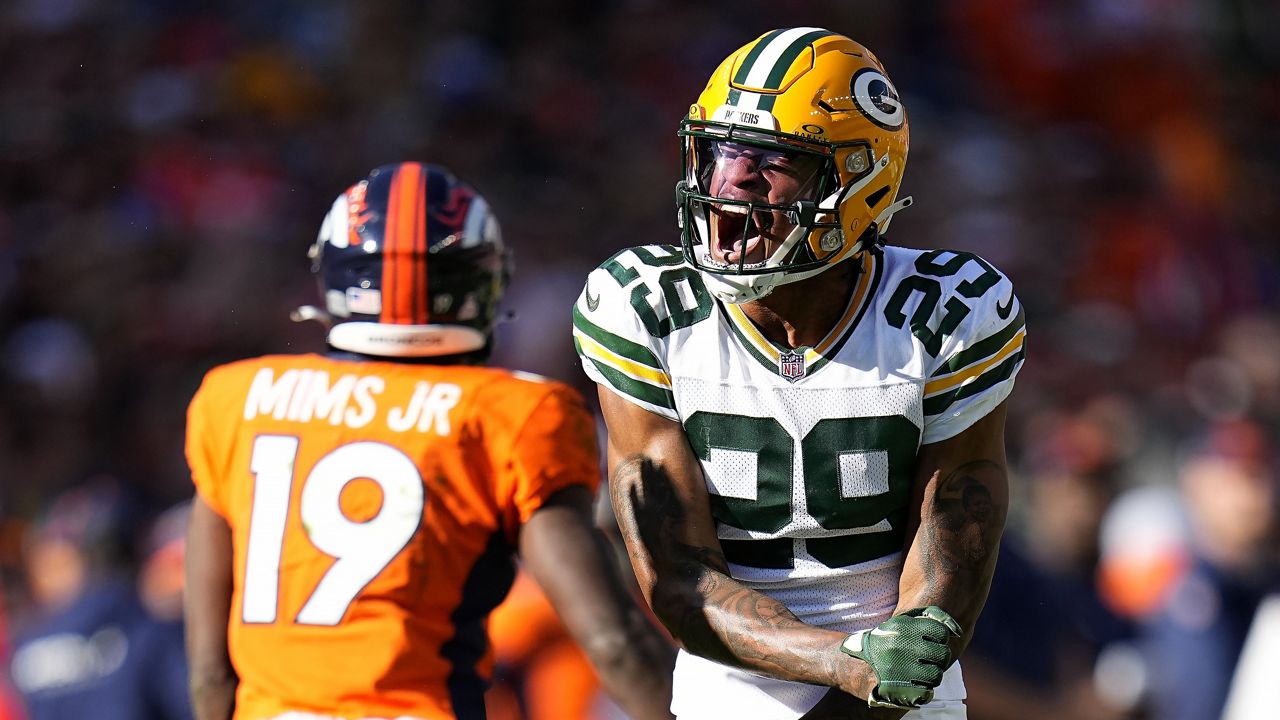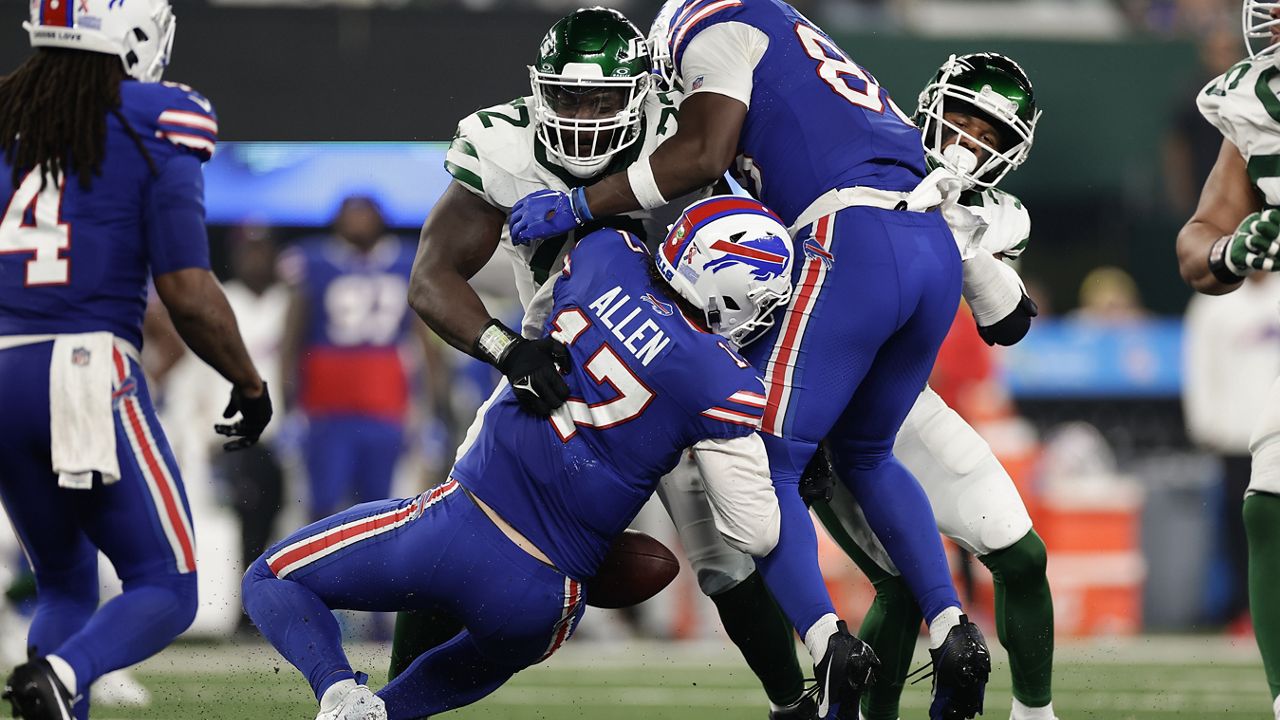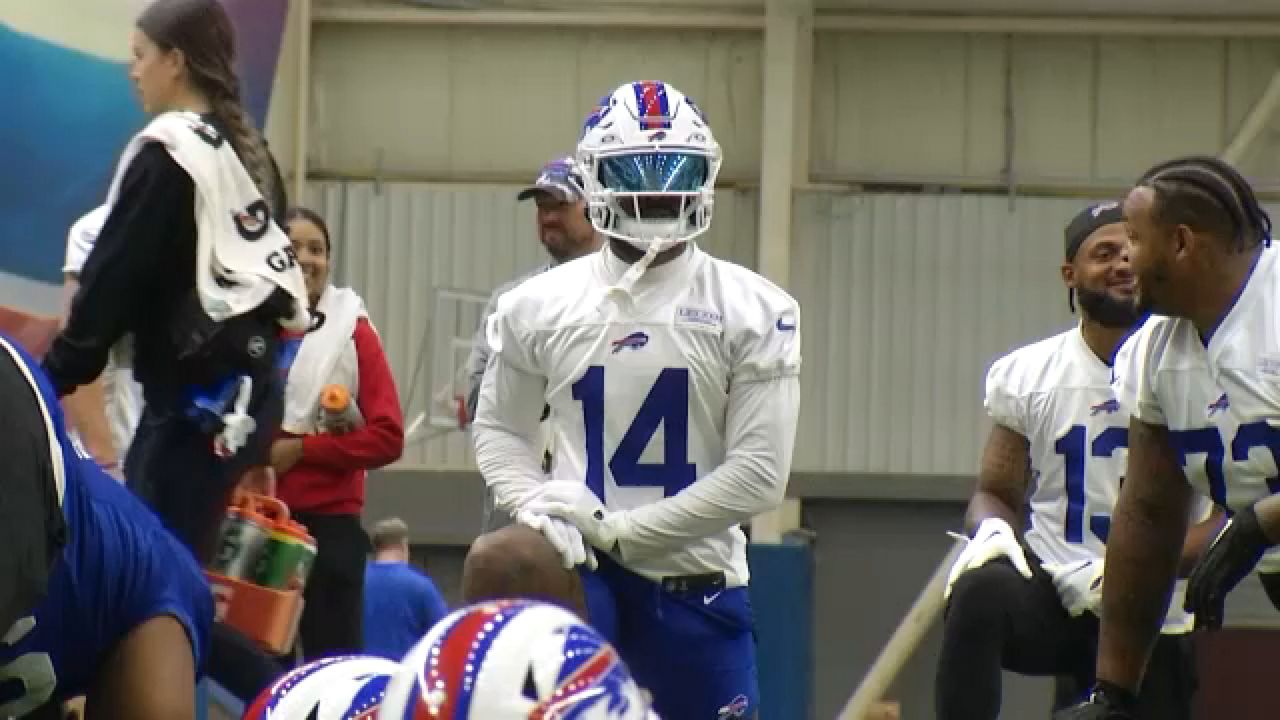It has been one year since Buffalo Bills safety Damar Hamlin suffered cardiac arrest and collapsed on the field in Cincinnati.
While a backup safety usually doesn't generate headlines or 'Comeback Player of the Year’ buzz, Spectrum News 1 takes a look at why Hamlin is so important to more than just Bills Mafia.
"There are 350,000 out-of-hospital cardiac arrests each year in this country and only about 10% survive," said American Heart Association communications director Kristy Smorol. "CPR and AED use right away can double or triple a person's chances of survival. So, they make a huge difference."
On Jan. 2, 2023, the Buffalo Bills were losing to the Cincinnati Bengals, but it was Hamlin's cardiac arrest and subsequent on-field care — not the score — that had fans glued to their seats.
"Damar Hamlin's incident was really proof that CPR and AEDs save lives," said Smorol.
Commotio cordis, the medical term for the cardiac arrest that Hamlin suffered and survived from, sparked the nation to learn, according to the American Heart Association.
"For the last year, we've had a 144% increase in our CPR website traffic. So, yes, obviously there was a big spike right after Damar Hamlin's collapse, but it has been sustained," Smorol added. "People are interested. People want to know what they can do."
Doctors like Robert Rosenblatt, a cardiologist at the University of Rochester, are now excited to see the waves of people getting involved.
"I really don't know the direct impact over the last year, but I'm sure it's been positive and anything that increases awareness is really good,” said Rosenblatt. “It only takes one case. If you have one incident where an athlete or a child goes down and you're able to resuscitate the child and bring them back, that means the world of difference for everybody. For the community. For the family. And obviously for the child."
'The Hamlin Effect' is now which Damar, himself, outlined in a statement on the anniversary, is helping to save some of the almost half a million people lost to cardiac arrests each year.
"This really has brought it to the forefront. We have so many people that have contacted us over the last year for trainings and information," said Smorol. "We've been out in the community teaching people and raising that awareness, and we are creating a nation of lifesavers."










